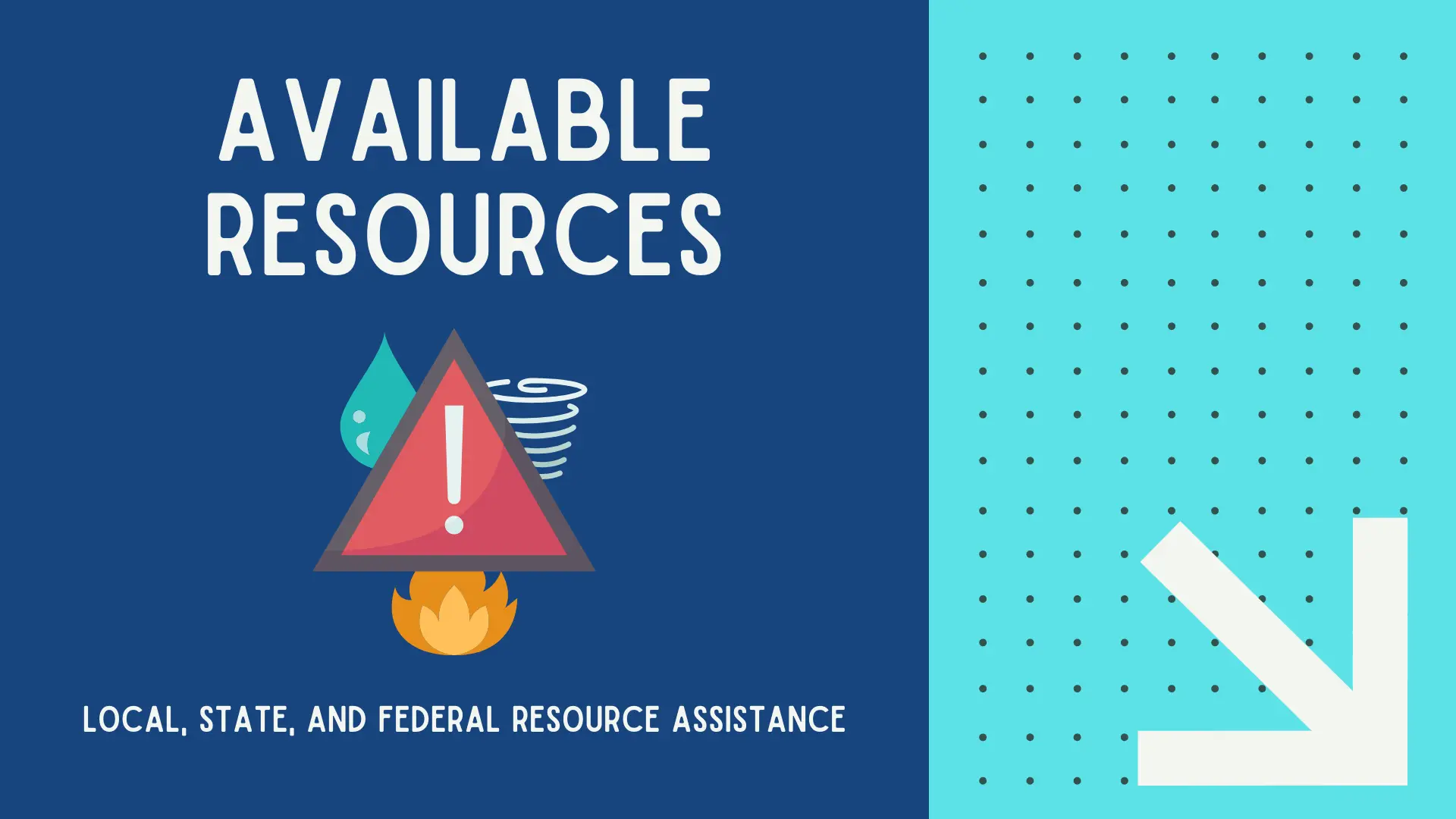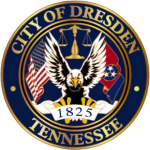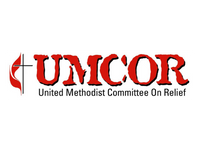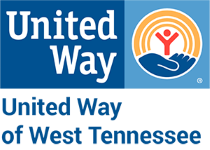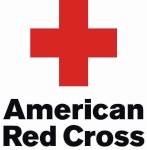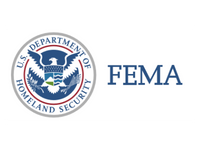Welcome
About WCLTRG
The purpose of this site is to provide information and resources to survivors of the December 10th tornado.
Moving Toward Recovery
The Mission
to individuals and families affected by the December 10, 2021, tornado, in the Weakley County community. Services will be provided regardless of the individuals’ race, creed, color, gender, disability, sexual orientation, or religious preference.
The goal of Weakley County Long Term Recovery Group is to partner with survivors impacted by this disaster to assist in their reasonable and equitable recovery.
Getting Answers
Frequently Asked Questions
What is an unmet need?
FEMA defines an unmet need as being a deficit between verified disaster-caused damages and obtainable disaster aid, including insurance assistance, Federal and State assistance, and personal resources.
An unmet need is a disaster-caused immediate need of an individual or family and is something those affected by a disaster cannot meet for themselves. This could include a substantial negative impact on income, housing, vehicle, or household goods. It could also include loss of life or injury.
- An unmet need is NOT a pre-disaster condition.
- An unmet need is NOT an ongoing social issue.
- An unmet need is NOT intended to be an upgrade to a survivor’s previous living condition, although could occur in the reconstruction process in order to provide safe, sanitary, and secure housing.
- An unmet need is identified by the person affected, verified, and sent through the case management process as agreed upon by the WCLTRG.
If you believe you have an unmet need as a result of the tornadoes that hit Dresden on December 10, 2021, and you haven’t come forward with your need to the WCLTRG, please come forward and self-identify your need – we want to help you!
I have an immediate unmet need. What should I do?
What is case management?
Case management involves identifying and reviewing unmet needs. A case manager understands the unique needs of a disaster survivor, whether the needs be social, financial, emotional, or spiritual. Case managers will help identify any additional unmet needs and connect individuals with resources. They work with individuals to ensure that an unmet need is truly a deficit between verified disaster-caused damaged and disaster aid and has undergone complete processing through insurance, federal and state assistance, and personal resources.
I donated to the recovery efforts. Where is my donation?
The disbursement of funds and overall recovery efforts seems like it's taking a long time. Why?
Facilitated through UMCOR, our case management team is currently assembling and undergoing placement and training. While it takes time, the case management process ensures the most equitable situation for all survivors. Case managers are specially trained to define, identify, categorize, and prioritize unmet needs as they pertain to each unique survivor. The methods they follow ensures that every individual is considered and no community member is left without regard.
What is the process for funding an unmet need?
- Settles with their insurance company
- Self-identifies the unmet need for the WCLTRG
- The need is verified, confirmed, and sent through the WCLTRG ‘s allocations process and/or case management
Why can't you fund my unmet need without the allocations process and/or case management?
I have an unmet need that I haven't disclosed to the WCLTRG. What should I do?
What organizations are providing funds for survivors through the Weakley County Long-Term Recovery Process?
Is Weakley County Long Term Recovery Group a nonprofit organization or a 501c3 organization?
What are the functions of the Weakley County Long Term Recovery Group?
- Will Norrid, who chairs the Spiritual and Emotional Needs Committee, has partnered with Carey Counseling to establish a path of access to mental health resources through case management. Additionally, this committee has partnered with Lutheran Disaster Response to provide virtual/in-person services to survivors, caregivers, and public officials.
- Alisha Melton chairs the Allocations Committee, which requests funding from partnering organizations when financial needs are identified in the case management process.
- Bobby Goode chairs the Donation Management Committee, which assists with identifying, moving, and storing donations and connecting with the Allocations Committee to purchase items not available in donation storage.
Does Weakley County Long Term Recovery Group require survivors to sign waivers?
Why is the lengthy case management process required?
Why is long term recovery taking so long? Shouldn't we be done?
Here When You Need It
Disaster Resources & Assistance Links
United Way of West Tennessee
UNITED WAY OF WEST TN WEBSITE
Tennessee USDA Farm Service Agency
TN FARM SERVICE AGENCY WEBSITE
Disability Rights Tennessee
DISABILITY RIGHTS TENNESSEE WEBSITE
Veteran County Service Office
VETERAN COUNTY SERVICE OFFICE WEBSITE
Disaster Legal Services
DISASTER LEGAL SERVICES WEBSITE
United Methodist Committee On Relief
UMCOR WEBSITE
On The Same Team
We’re Stronger Together
The WCLTRG is made up of volunteers who are working to serve survivors as efficiently, equitably, and appropriately as possible. The WCLTRG’s volunteers have an unwavering responsibility to equitably assist all survivors in partnership with community members, elected and appointed leadership, and programming partners.
There will be many important opportunities to help our friends and neighbors. Stay up-to-date by visiting our Facebook page.
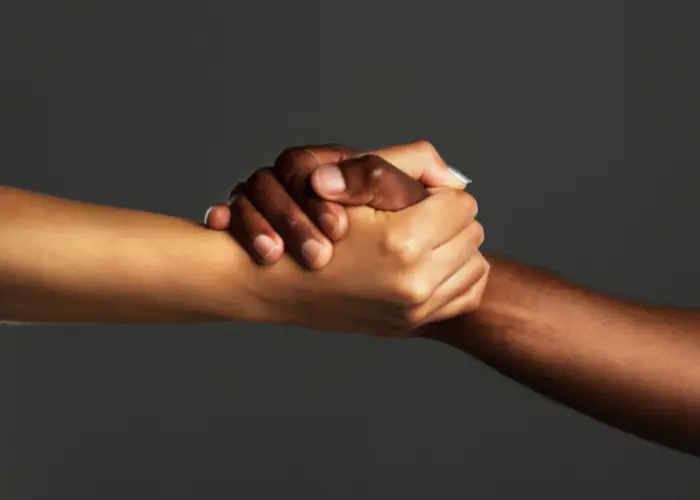
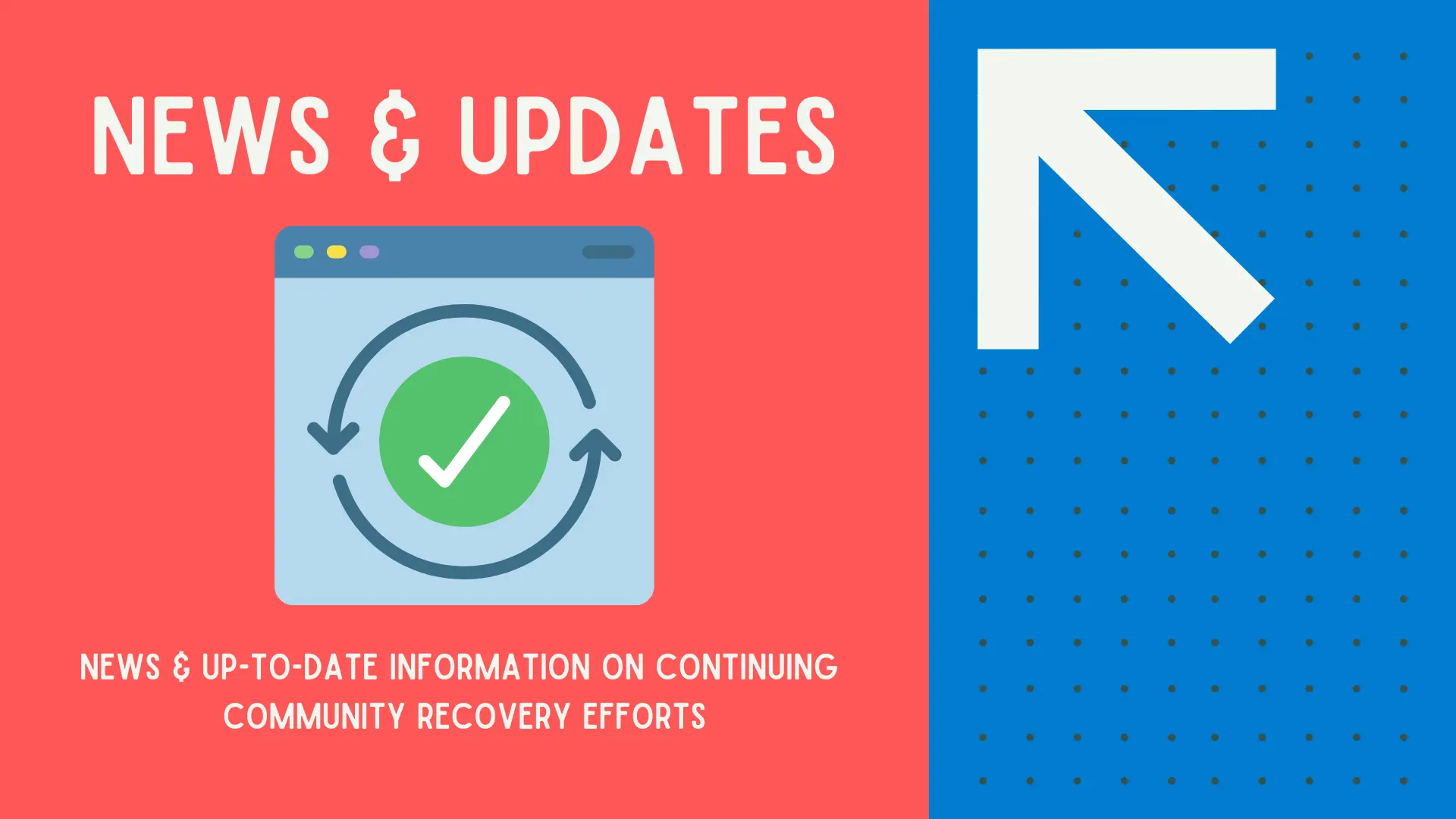
Federal Updates and Helpful Links
- FEMA Region 4 – Tennessee
- FEMA DR-4637-TN: Tennessee Severe Storms, Straight-line Winds, and Tornadoes
- FEMA Disaster Recovery Update for TN – 4/20/22 Fact Sheet
- FEMA Disaster Recovery Update for TN – 4/6/22 Fact Sheet
- FEMA Disaster Recovery Update for TN – 3/30/22 Fact Sheet
- Resources for Repairing, Retrofitting and Rebuilding After a Tornado
- FEMA Funding For Tornado – Damaged Houses of Worship
- UMCOR [United Methodist Committee On Relief]
State Updates and Helpful Links
Local Updates and Helpful Links
WCLTRG Policies and Procedures
In The Media
- “A Community In Recovery: Dresden Beginning to Rebuild After Tornado.” The Paducah Sun, 3/8/22
- “A year after devastating tornado, tiny Dresden striving to recover.” The Institute for Public Service Reporting, 11/26/2022.
- “Weakley County Long Term Recovery Group Commemoration Event.” WPSD TV, 12/10/2022
Our Team
Weakley County Long Term Recovery Group Members
WCLTRG Members
- Justin Crice, Co-Chair
- Alisha Melton, Co-Chair & Allocations Chair
- Joyce Washington, Secretary
- Sherryl McCulley, Treasurer
- Bobby Goode, Donations Coordinator
- Will Norrid, Spiritual/Emotional Needs Chair
Current Ex-Officio Members
- Jason Hypes, EMS/Gov Liaison
- Mark Maddox, City of Dresden Mayor
- Robert Craig, UMCOR Consultant
- Elizabeth Soard, UMCOR Case Management Supervisor
- Michael Creasy, West Tennessee Legal Aid
- Nora Betancourt, FEMA Consultant
- Yvonne Antonio-Wilson, FEMA Consultant
- Matt Marshall, United Way of West TN Director
- Alayne Chapman, American Red Cross Consultant
- Chris McGreevy, American Red Cross Consultant
- Pastor Morgan Gordy, Lutheran Disaster Response Southeastern Synod
- Jeff Lysycztn, Lutheran Disaster Response Southeastern Synod
- Beth Smith, Lutheran Disaster Response Southeastern Synod
Reach Out
Contact Us
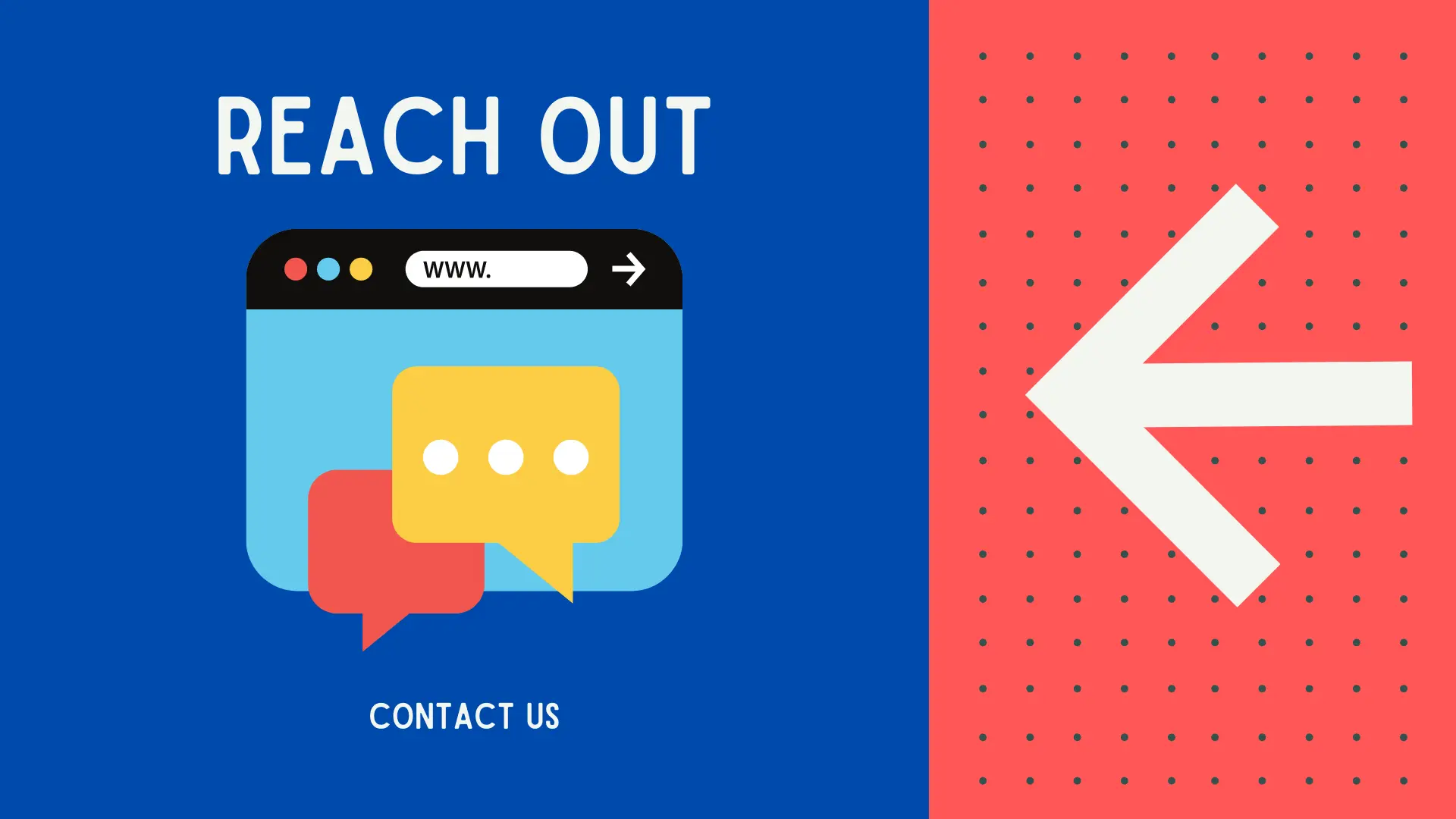
WEAKLEY COUNTY
LONG TERM RECOVERY GROUP
8250 Highway 22
Dresden, TN 38225
RECOVERY CENTER HOURS:
By appointment only


